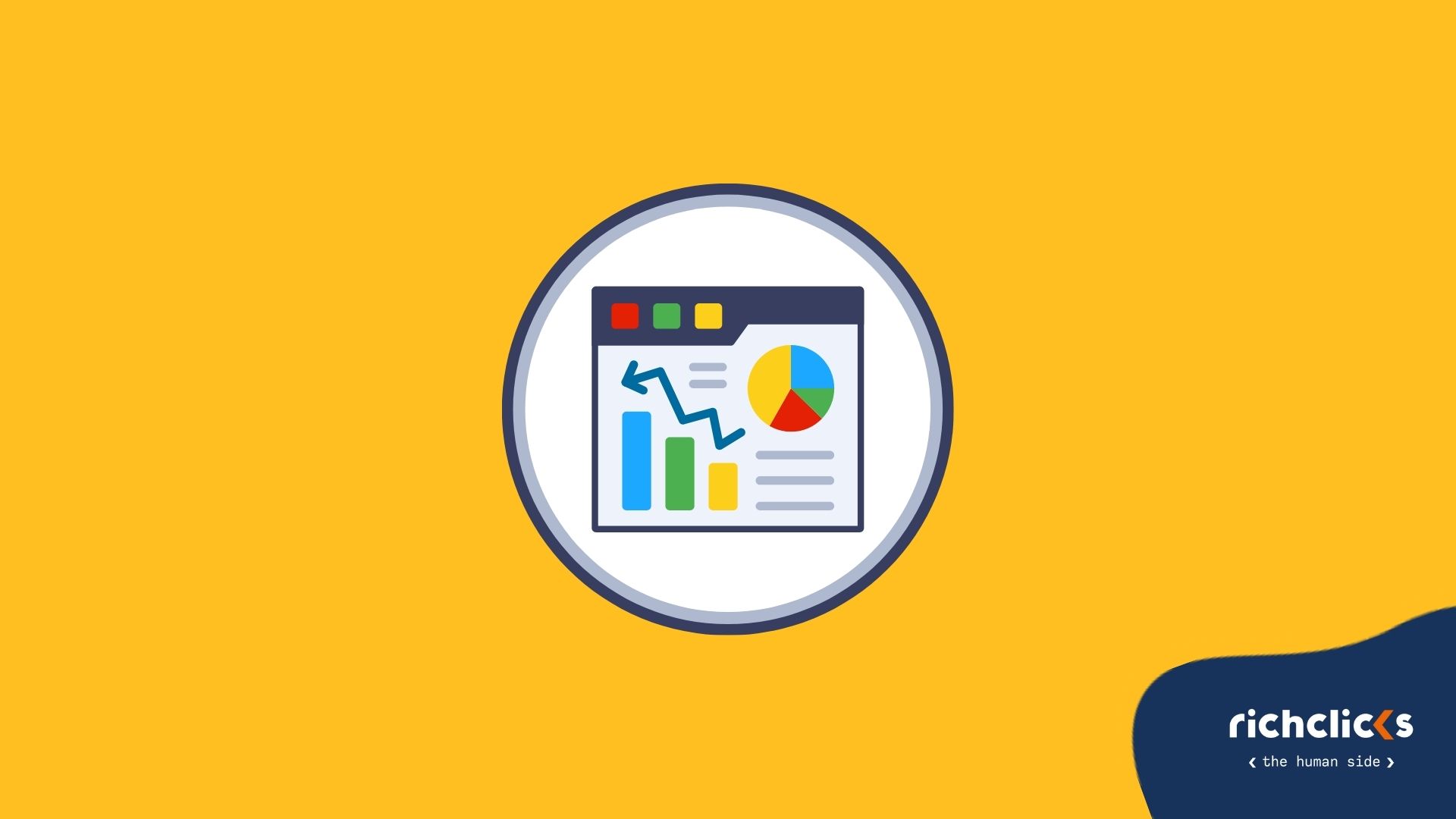What is CPC and how is it calculated? A practical guide

In the vibrant world of online marketing, Cost Per Click (CPC) stands out as a fundamental tool for optimizing and refining your advertising campaigns.
But what exactly is CPC, and why is it so crucial in the digital advertising landscape?
While it might seem like a well-known topic, experience shows that it's always beneficial to review it thoroughly. Let’s explore this concept in depth to understand how it can influence the success of your advertising strategies.
What is CPC?
CPC, or Cost Per Click, is the amount you pay each time a user clicks on your ad. It serves as a benchmark between a successful advertising campaign and one that needs adjustment.
Think of it as participating in an auction: you only pay when someone shows real interest by clicking on your ad.
This means your investment translates into concrete actions, not just impressions.
CPC vs CPM: What to Choose?
When choosing between CPC and CPM (Cost Per Thousand Impressions), it’s important to understand the differences:
- With CPC, you pay only when someone clicks on your ad. It’s perfect if your goal is to generate quality traffic and concrete actions.
- With CPM, you pay for every thousand times your ad is displayed. It’s ideal if you’re looking to increase brand visibility rather than push for immediate clicks.
Why is CPC Essential in marketing?
CPC is not just a number to monitor but a key to optimizing your campaigns:
- Effective Targeting: With CPC, you can refine your audience, ensuring your ad reaches those most likely to convert.
- Continuous Optimization: Monitoring CPC helps you fine-tune your advertising strategies for the best return on investment.
- Budget Management: You pay only for actual clicks, allowing you to manage your budget more precisely and strategically.
How to Calculate CPC
Calculating CPC is simple. Divide the total cost of your campaign by the total number of clicks received. In other words, CPC is obtained by dividing the overall amount spent on your advertising campaign by the number of clicks received.
For example, if you spent €1,000 and received 500 clicks, your CPC would be €2.
This means, on average, you paid €2 for each click on your ad. Simple, right?
This gives you a clear indication of how much you’re paying per click and helps evaluate your campaign’s effectiveness.
What is the Ideal CPC?
There isn’t a perfect CPC, but here are some pointers to understand if yours is in the right range:
- Performance History: Compare your current CPC with that of your past campaigns. If you see an increase without performance improvements, it might be time to revisit your strategy.
- Conversion Rate: A high CPC can be acceptable if clicks generate valuable sales or leads. Always check the return on investment.
- Keyword Competition: More competitive keywords have higher CPCs. If your CPC is high for less competitive terms, it’s time to make adjustments.
- Industry Average: Compare your CPC with the industry average. Tools like Google Ads provide useful benchmarks for evaluating your position.
How to Reduce CPC and Optimize Your Campaigns
Here are some steps to reduce CPC and make your advertising campaigns more efficient:
- Improve Ad Quality: A high-quality ad can lower CPC by achieving a better quality score. Ensure your text and images are relevant and engaging.
- Optimize Keywords: Use long-tail keywords with less competition. Regularly update your list to maintain effectiveness.
- Segment Your Audience: Be precise in defining your audience. The more relevant your target, the lower your CPC will be.
- Run A/B Tests: Try different versions of your ads to discover which works best and at a lower cost. Testing helps continuously refine your campaigns.
- Enhance Landing Pages: Ensure your landing page aligns with the ad and is optimized for a better user experience. A well-designed landing page can reduce CPC and improve the quality score.
By adopting these strategies, you can optimize your CPC and achieve more effective results from your advertising campaigns.
Continue to monitor and adjust your tactics based on data to ensure ongoing success.


















